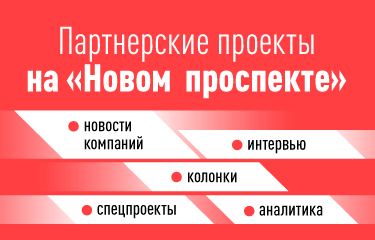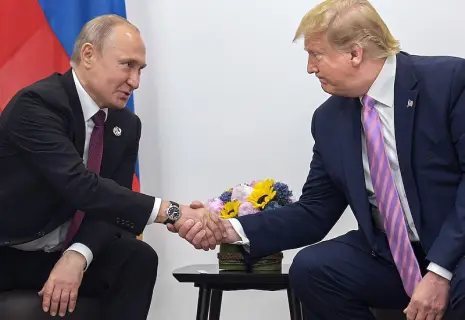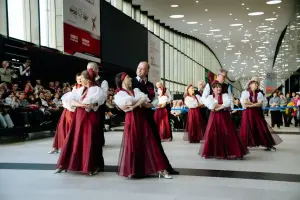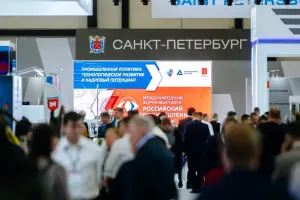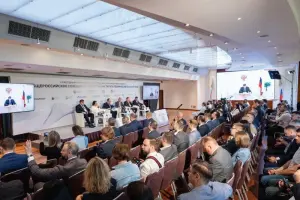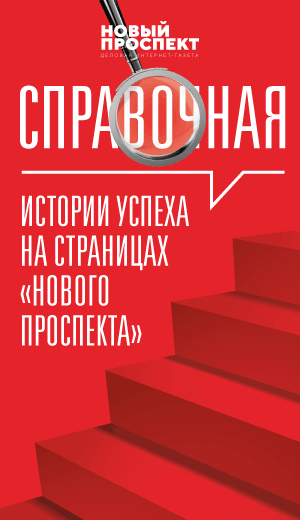Foreign Matter

Text by Mikhail Shevchuk
Translation by Vladimir Kolosov
Russia is accused of «genocide of the Ukrainian people.» The accusation from the point of view of Russia itself is obscure. This seems to be more of a cultural-political aspect than a literal one, but serious terms lose their meaning when the people start to spread and manipulate them.
The Lithuanian Seimas decided to recognize Russia as a «state that supports and commits terrorism», reportedly unanimously. The list of claims set out in the resolution is quite long. It begins with the expression of the conviction that the main goal of Russia «is the destruction of the Ukrainian people and their identity, depriving them of the right to develop independently.» The document ends with a demand to create a special international criminal tribunal against Russia, like, for example, the that held in Nuremberg
The Russian Foreign Ministry, represented by Maria Zakharova, responded by calling the decision of the Seimas extremist. The case is already familiar: «You are terrorists.» «And you yourself are extremists.» That is the diplomacy now.»
The resolution of the Seimas recognizes everything that is happening as «genocide of the Ukrainian people.» Lithuanians are not pioneers here: two weeks before that, «genocide» was recognized by Canadian parliamentarians, even earlier by Latvian ones, and US President Joseph Biden also referred to this term. «I called it genocide because it is becoming increasingly clear that Putin is simply trying to destroy even the very idea of being able to be Ukrainian,» he said. Biden, however, made a reservation that this is still his personal opinion, and promised to «enable lawyers to decide at the international level whether the said phrase corresponds to this term.»
From which we can conclude that in the future some lawyers will be asked to deal with these definitions, and the more such parliamentary resolutions there are by this time, the easier it will be for them. Whether war crimes actually took place, on what scale and with what motivation, oddly enough, is unprincipled. Appeals to international law and evidence do not work here. Parliaments are not courts.
These days, public opinion is stronger than official verdicts. And if this opinion decides to consider someone as absolute evil, it is very difficult to do something about it just because all the trends that are considered negative in a particular society will be attributed to this evil. It resembles the situation with foreign agents: they put a person on the register without any trials — and that is how it works. Any registry is like a sort of reinforced concrete — if you managed to get into it, then think for yourself what you did wrong.
The government thinks you are dangerous. The death of people during military conflicts is not always a case to declare genocide, because this is the biggest atrocity known to humanity. For example, in recent years, the Russian Prosecutor General’s Office has been insisting that actions of the Nazis on the territory of the USSR during the Great Patriotic War were indeed genocide. This means that for decades before the war concentration camps, executions and forced migrations of the population were already considered self-evident crimes. However, it is now apparently not enough to have our own «holocaust», against which no one in any country would dare to object. This will make revenge unequivocally fair.
The wording «genocide of the Ukrainian people» is generally incomprehensible for Russia, since at the highest level we have proclaimed the concept of a dual people (triune, if we count the Belarusians). The Russians in it act as a big metaphor, but the status of the Ukrainians is vague: it seems that people are recognized as such, but only on the condition of their loyalty. The defining quality that makes people ‘a people' seems to be not ethnic, but political. If the condition is not met, the status is revoked, so the genocide of the Ukrainian people from a national patriot’s point of view is impossible: for him, only the people that he agrees to consider as such are the people.
In current propaganda rhetoric, the ethnic component is generally omitted. «Negative» Ukrainians are called Nazis or nationalists, who themselves arrange the genocide of «positive» Ukrainians. This vision replaced the previous, less aggressive one, which was called a «civil war».
For example, Boris Gryzlov, Chairman of the Supreme Council of United Russia, writes in his recent article that, on the contrary, «the authorities, the armed forces and nationalist formations of Ukraine are taking genocidal actions against their own population — our brotherly Russians, Ukrainian people». Although if somewhere there are nationalists, then they should belong to their own nation, in theory.
«You are causing genocide!» — «No, you arrange it!» Terms turn into mere insults, gestures, they devalue and lose their meaning. This is not the first time that US senators propose to classify Russia as a state sponsor of terrorism. However, at the international level, there is still no definition of terrorism that suits everyone, because of disagreements concerning the actions of armed forces during military conflicts.
It looks like a paradox: one side is defined through ethnicity, while the other one — through ideology. The problem here is that for genocide it is necessary that both sides belong to the same category. It becomes impossible to determine the essence of the conflict, which does not contribute to its resolution at all. The West is also getting confused, brushing both Russian pacifists and Ukrainian pro-Russian citizens off the table at once. If we ourselves do not distinguish each other well, will they sort us out abroad?
It is interesting that even Kyiv made no attempt to determine the concept of a «two-in-one people.» In response to a well-known article by Vladimir Putin on the historical origin of peoples, President of Ukraine Volodymyr Zelensky first laughed it off, and then declared modern Ukraine the true heir of the Old Russian state, which did not really bring clarity to the issue. The country, infected with the fever of unitarity, also did not want to recognize any rights for the Russian national minority, insisting on «unity and indivisibility» — just like the leaders of the «white» movement in the 1920s did and then were defeated by those whose leader taught that before uniting, you first need to disengage decisively.
Russian propaganda now presents the matter in such a way that there is nothing Ukrainian left in the territories taken under Russian control. The local residents who are shown on our TV channels do not even look like «positive» Ukrainians: they dream of a Russian passport and joining the Russian Federation, join the «Immortal Regiment» and renounce Ukraine in Russian. Even adjusted for the position, there is a contradiction: it is impossible to see the Ukrainian people themselves, who, as they say, were destroyed by their own authorities. We still do not know how many Russians live on those territories, and how many Ukrainians do the same wanting to preserve their statehood. There is no one to figure it out.
This is exactly why Vladimir Putin says that Russia is «fighting on its own soil.» And that is exactly why the Lithuanians, in their resolution, blame Putin for «the policy of distorting the identity of the Ukrainian people,» while Biden talks about «the possibility of being Ukrainian.» The genocide here means not so much literal, physical (although they also try to fasten it to the case for clarity, but it ends up being clumsy), but cultural and political. Roughly speaking, Moscow is accused of imposing by force alien values on the Ukrainian people.
However, the Kremlin sees roughly the same things in the actions of the West. All this popular talk in recent years about «alien values» is also a fear of «genocide», which does not necessarily have to be expressed in the direct destruction of people, but it can mean the erosion of their identity.
A language invented to characterize very specific events of the past clearly does a poor job of describing the present. In the original version of the definition of «genocide» in the relevant UN convention of 1948 (to which Gryzlov also refers), in addition to actions committed with the intent to destroy any national, ethnic, racial or religious group, it also considered the same actions against political groups. After a number of consultations, «politics» was then crossed out. In those days it was quite clear, but now it seems this clarity is lacking.
Attempts to put on an ethnic mask on an ideological contradiction, to reduce the ideological conflict to a redistribution of borders, leads only to manipulation and mutual irritation.
You can read other articles and NP interviews in English in section English Prospect.


